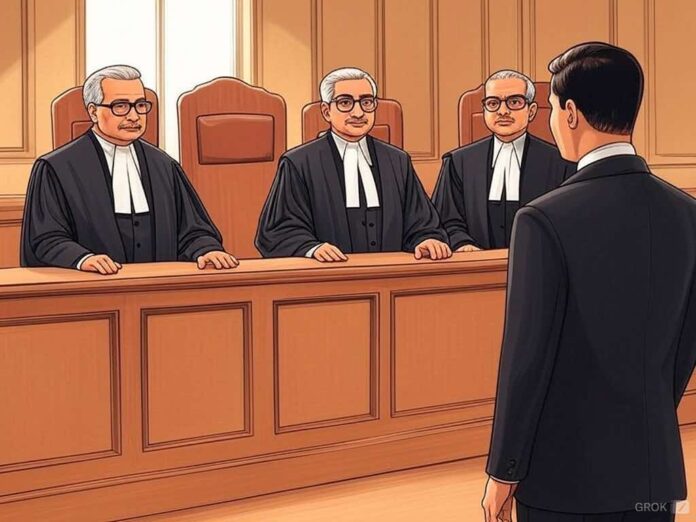From November 2022 to May 2025, the Supreme Court Collegium approved the appointment of 221 judges to various High Courts across India. The comprehensive list, recently released by the Registry of the Supreme Court, reflects a growing emphasis on social diversity, gender representation, and familial transparency, with detailed disclosures of caste categories, minority status, gender, and judicial lineage.
Background:
The Supreme Court Collegium, comprising the Chief Justice of India and senior judges, plays a pivotal role in recommending judicial appointments to constitutional courts. This latest release encapsulates recommendations made during the tenure of two Chief Justices—Justice D.Y. Chandrachud (CJI-DYC) and Justice Sanjiv Khanna (CJI-SK)—between 9 November 2022 and 1 May 2025.
Key Highlights of Appointments:
- Total Judges Approved: 221
- During CJI D.Y. Chandrachud’s tenure (till 10 Nov 2024): 170 judges
- During CJI Sanjiv Khanna’s tenure (from 11 Nov 2024 onward): 51 judges
- During CJI D.Y. Chandrachud’s tenure (till 10 Nov 2024): 170 judges
- Diversity Representation Among the 170 (CJI-DYC Tenure):
- SC: 7
- ST: 5
- OBC: 21
- MBC/BC: 7
- Minorities: 23
- Women: 28
- Related to sitting/retired Judges: 12
- SC: 7
- Representation Among the 51 (CJI-SK Tenure):
- OBC: 11
- SC: 1
- ST: 2
- Minorities: 8
- Women: 6
- Related to sitting/retired Judges: 2
- OBC: 11
Diversity and Gender Inclusion:
Out of the total 221 judges, 34 women were appointed, constituting over 15% of the selections. Several appointments also indicated minority representation (both religious and tribal), and individuals from Other Backward Classes (OBC), Scheduled Castes (SC), and Scheduled Tribes (ST).
Notably, a number of judges also had familial ties to sitting or retired High Court and Supreme Court judges, with such connections explicitly declared—adding a new layer of transparency.
Sample Profiles:
- Smt. Nupur Bhati (Rajasthan HC): A woman candidate from the Bar, related to Justice Pushpendra Singh Bhati (husband).
- Justice Reetobroto Kumar Mitra (Calcutta HC): Son of Justice Ronojit Kumar Mitra, former judge of the same court.
- Tejas Dhirenbhai Karia (Delhi HC): Son of Justice B.N. Karia (Retd.) and brother of a sitting judge of Gujarat HC.
- Smt. Soni Shrivastava (Patna HC): Daughter of Justice Rekha Kumari, a former judge.
This disclosure marks a significant step in increasing public trust in the judiciary. For the first time, data such as community classification (e.g., OBC, SC, ST, Minority), gender, and judge-family relationships have been systematised and released together with the appointment timeline—offering granular insight into the Collegium’s functioning.




